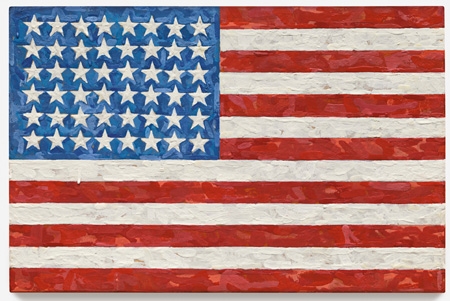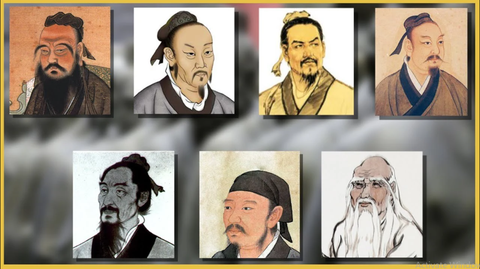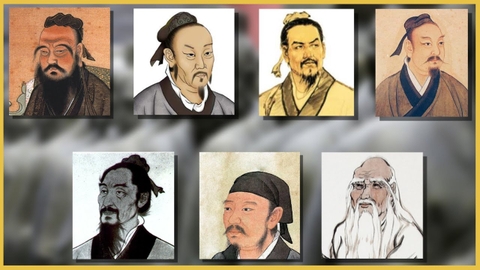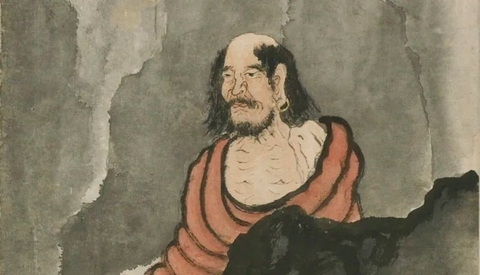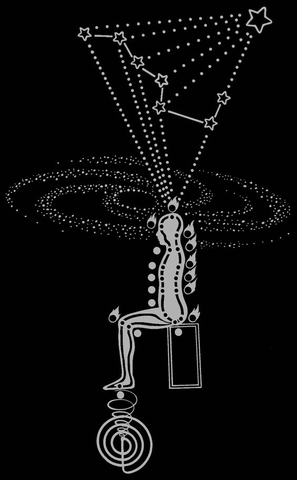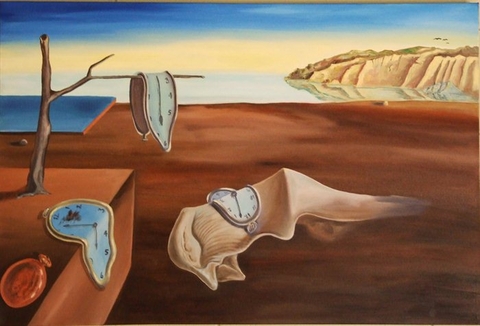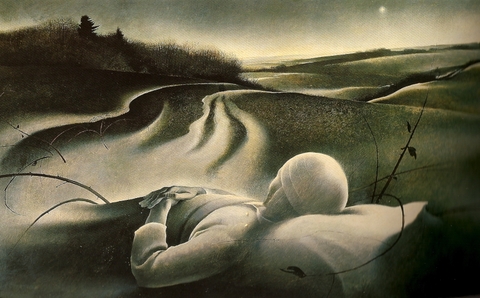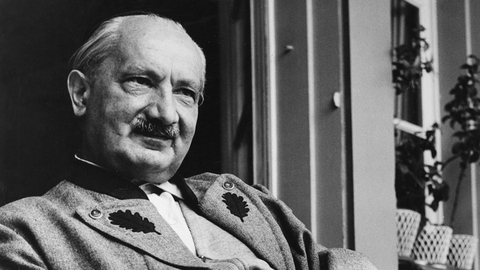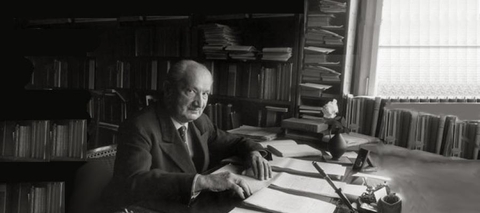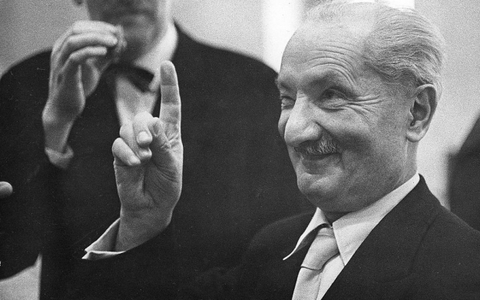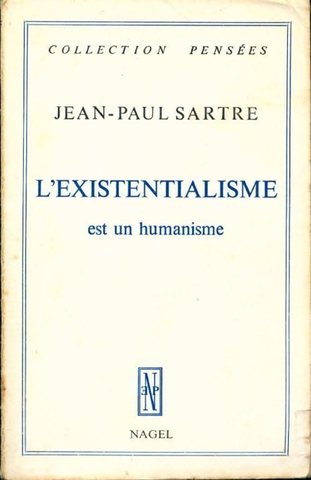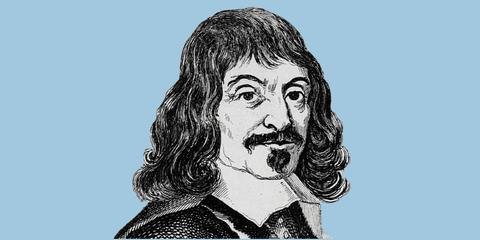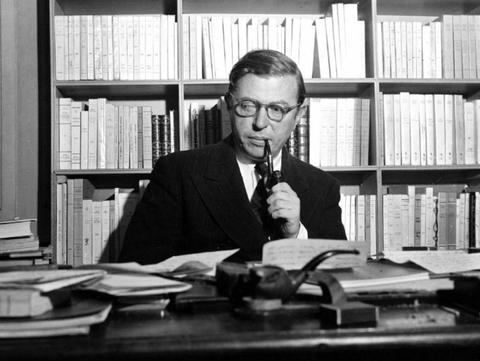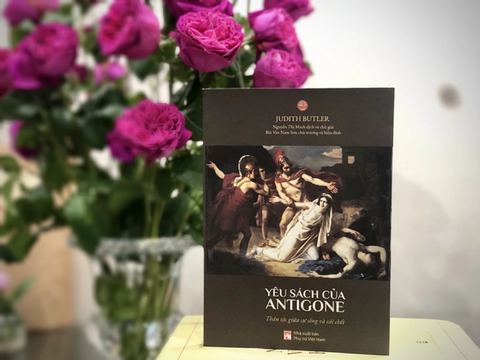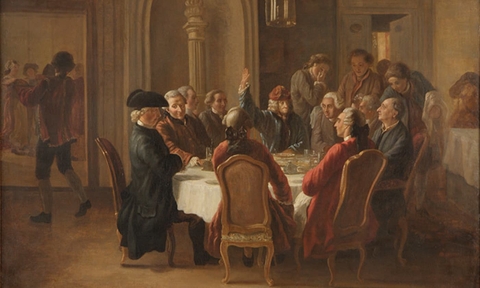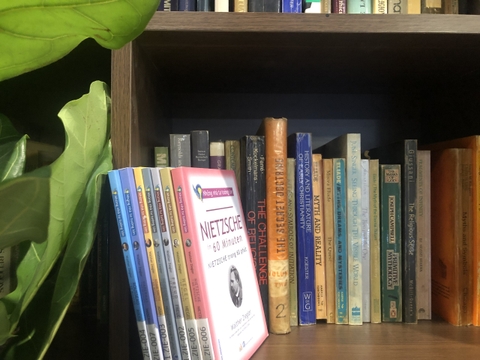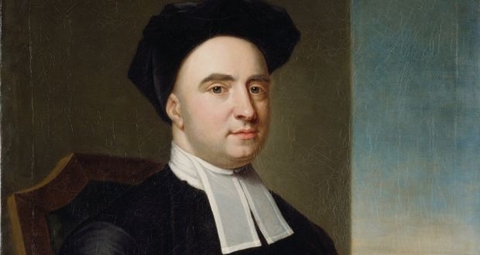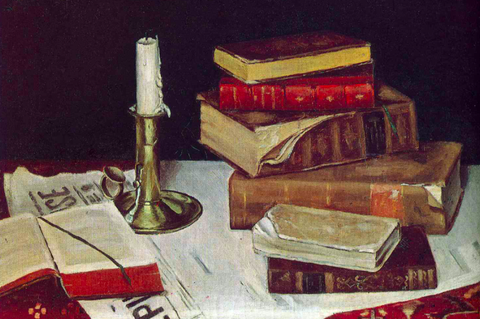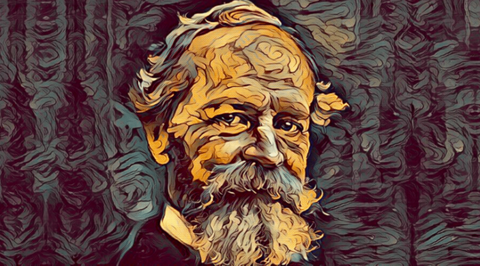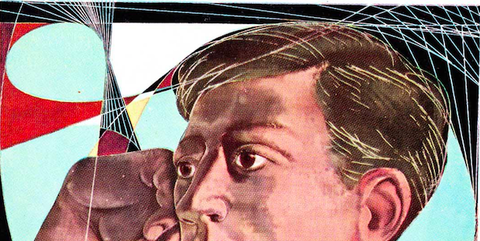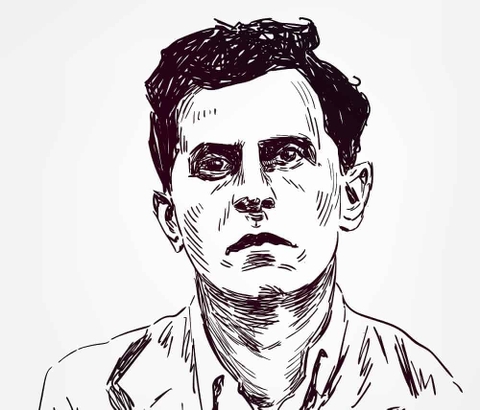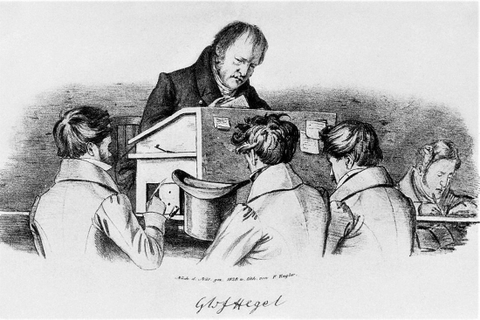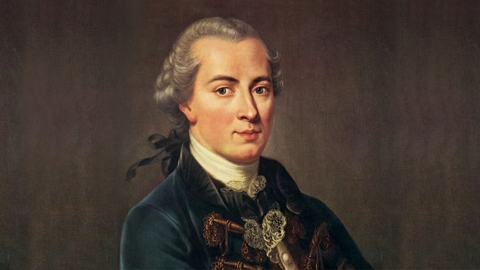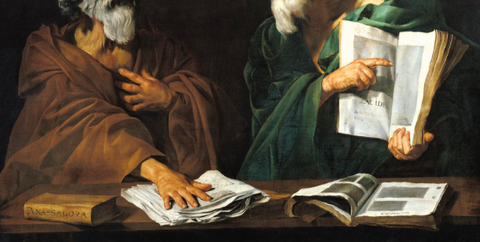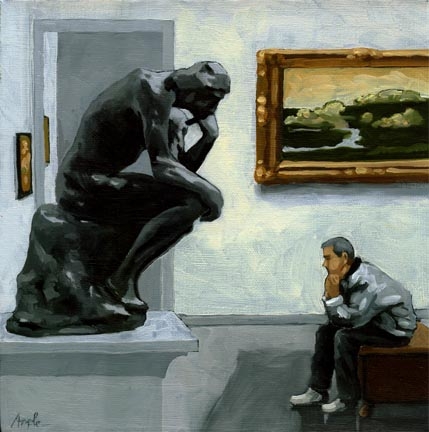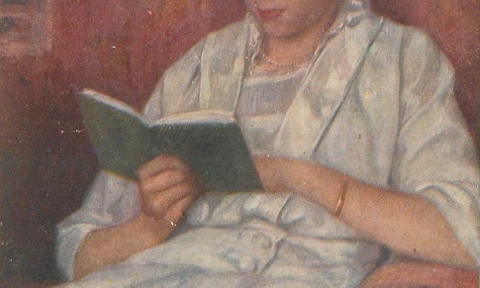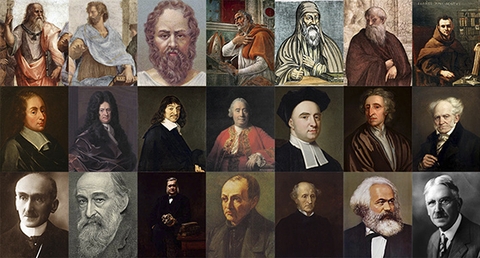From Kant to Kierkegaard, from Hegel to Heidegger, continental philosophers have indelibly shaped the trajectory of Western thought since the eighteenth century. Although much has been written about these monumental thinkers, students and scholars lack a definitive guide to the entire scope of the continental tradition. The most comprehensive reference work to date, this eight-volume History of Continental Philosophy will both encapsulate the subject and reorient our understanding of it. Beginning with an overview of Kant’s philosophy and its initial reception, the History traces the evolution of continental philosophy through major figures as well as movements such as existentialism, phenomenology, hermeneutics, and poststructuralism. The final volume outlines the current state of the field, bringing the work of both historical and modern thinkers to bear on such contemporary topics as feminism, globalization, and the environment. Throughout, the volumes examine important philosophical figures and developments in their historical, political, and cultural contexts.
The first reference of its kind, A History of Continental Philosophy has been written and edited by internationally recognized experts with a commitment to explaining complex thinkers, texts, and movements in rigorous yet jargon-free essays suitable for both undergraduates and seasoned specialists. These volumes also elucidate ongoing debates about the nature of continental and analytic philosophy, surveying the distinctive, sometimes overlapping characteristics and approaches of each tradition. Featuring helpful overviews of major topics and plotting road maps to their underlying contexts, A History of Continental Philosophy is destined to be the resource of first and last resort for students and scholars alike.

Table of contents
Volume 1: Kant, Kantianism, and idealism: the origins of continental philosophy (edited by Thomas Nenon)
- Introduction, Thomas Nenon
- Immanuel Kant’s turn to transcendental philosophy, Thomas Nenon
- Kant’s early critics: Jacobi, Reinhold, Maimon, Richard Fincham
- Johann Gottfried Herder, Sonia Sikka
- Play and irony: Schiller and Schlegel on the liberating prospects of aesthetics, Daniel Dahlstrom
- Fichte and Husserl: life-world, the other, and philosophical reflection, Robert R. Williams
- Schelling: philosopher of tragic dissonance, Joseph P. Lawrence
- Schopenhauer on empirical and aesthetic perception and cognition, Bart Vandenabeele
- G.W.F. Hegel, Terry Pinkard
- From Hegelian reason to the Marxian revolution, 1831-48, Lawrence S. Stepelevich
- Saint-Simon, Fourier, and Proudhon: “utopian,” French socialism, Diane Morgan
Volume 2: Nineteenth-century philosophy: revolutionary responses to the existing order (edited by Alan D. Schrift and Daniel Conway)
- Introduction, Daniel Conway
- Feuerbach and the left and right Hegelians, William Clare Roberts
- Marx and Marxism, Terrell Carver
- Søren Kierkegaard, Alastair Hannay
- Dostoevsky and Russian philosophy, Evgenia Cherkasova
- Life after the death of god: Thus Spoke Nietzsche, Daniel Conway
- Hermeneutics: Schleiermacher and Dilthey, Eric Sean Nelson
- French spiritualish philosophy, F.C.T. Moore
- The emergence of sociology and its theories: from Comte to Weber, Alan Sica
- Developments in philosophy of science and mathematics, Dale Jacquette
- Peirce: pragmatism and nature after Hegel, Douglas R. Anderson
- Aesthetics and the philosophy of art, 1840-1900, Gary Shapiro
Volume 3: The new century: Bergsonism, phenomenology and responses to modern science (edited by Keith Ansell-Pearson and Alan D. Schrift)
- Introduction, Keith Ansell-Pearson
- Henri Bergson, John Mullarkey
- Neo-Kantianism in Germany and France, Sebastian Luft and Fabien Capeillères
- The emergence of French sociology: Émile Durkheim and Marcel Mauss, Mike Gane
- Analytic and continental traditions: Frege, Fusserl, Carnap, and Heidegger, Michael Friedman and Thomas Ryckman
- Edmund Husserl, Thomas Nenon
- Max Scheler, Dan Zahavi
- The early Heidegger, Miguel de Beistegui
- Karl Jaspers, Leonard H. Ehrlich
- Phenomenology at home and abroad, Diane Perpich
- Early continental philosophy of science, Babette Babich
- Ludwig Wittgenstein, John Fennell and Bob Plant
- Freud and continental philosophy, Adrian Johnston
- Responses to evolution: Spencer’s evolutionism, Bergsonism, and contemporary biology, Keith Ansell-Pearson, Paul-Antoine Miquel and Michael Vaughan
Volume 4: Phenomenology: responses and developments (edited by Leonard Lawlor)
- Introduction, Leonard Lawlor
- Dialectic, difference and the other: the Hegelianizing of French phenomenology, John Russon
- Existentialism, S. K. Keltner and Samuel J. Julian
- Sartre and phenomenology, William l. McBride
- Continental aesthetics: phenomenology and antiphenomenology, Galen A. Johnson
- Merleau-Ponty at the limits of phenomenology, Mauro Carbone
- The hermeneutic transformation of phenomenology, Daniel L. Tate
- The later Heidegger, Dennis Schmidt
- Existential theology, Andreas Grossmann
- Religion and ethics, Felix Ó Murchadha
- The philosophy of the concept, Pierre Cassou-Noguès
- Analytic philosophy and continental philosophy: four confrontations, Dermot Moran
Volume 5: Critical theory to structuralism: philosophy, politics and the human sciences (edited by David Ingram)
- Introduction, David Ingram
- Carl Schmitt and early Western Marxism, Christopher Thornhill
- The origins and development of the model of early critical theory in the work of Max Horkheimer, Erich Fromm, and Herbert Marcuse, John Abromeit
- Theodor Adorno, Deborah Cook
- Walter Benjamin, James McFarland
- Hannah Arendt: rethinking the political, Peg Pirmingham
- Georges Bataille, Peter Tracey Connor
- French Marxism in its heyday, William McBride
- Black existentialism, Lewis R. Gordon
- Ferdinand de Saussure and linguistic structuralism, Thomas F. Broden
- Claude Lévi-Strauss, Brian C. J. Singer
- Jacques Lacan, Ed Pluth
- Late pragmatism, logical positivism, and their aftermath, David Ingram
Volume 6: Poststructuralism and critical theory’s second generation (edited by Alan D. Schrift)
- Introduction, Alan D. Schrift
- French Nietzscheanism, Alan D. Schrift
- Louis Althusser, Warren Montag
- Michel Foucault, Timothy O’Leary
- Gilles Deleuze, Daniel W. Smith
- Jacques Derrida, Samir Haddad
- Jean-François Lyotard, James Williams
- Pierre Vourdieu and the practice of philosophy, Derek Robbins
- Michel Serres, David F. Bell
- Jürgen Habermas, Christopher F. Zurn
- Second generation critical theory, James Swindal
- Gadamer, Ricoeur, and the legacy of phenomenology, Wayne J. Froman
- The linguistic turn in continental philosophy, Claire Colebrook
- Psychoanalysis and desire, Rosi Braidotti and Alan D. Schrift
- Luce Irigaray, Mary Beth Mader
- Cixous, Kristeva, and Le Dœuff: three “French feminists,” Sara Heinämaa
- Deconstruction and the Yale school of literary theory, Jeffrey T. Nealon
- Rorty among the continentals, David R. Hiley
Volume 7: After poststructuralism: transitions and transformations (edited by Rosi Braidotti)
- Introduction, Rosi Braidotti
- Postmodernism, Simon Malpas
- German philosophy after 1980: themes out of school, Dieter Thomä
- The structuralist legacy, Patrice Maniglier
- Italian philosophy between 1980 and 1995, Silvia Benso and Brian Schroeder
- Continental philosophy in the Czech Republic, Josef Fulka, Jr.
- Third generation critical theory: Benhabib, Fraser, and Honneth, Amy Allen
- French and Italian Spinozism, Simon Duffy
- Radical democracy, Lasse Thomassen
- Cultural and postcolonial studies, Iain Chambers
- The “ethical turn” in continental philosophy in the 1980s, Robert Eaglestone
- Feminist philosophy: coming of age, Rosi Braidotti
- Continental philosophy of religion, Bruce Ellis Benson
- The performative turn and the emergence of post-analytic philosophy, José Medina
- Out of bounds: philosophy in an age of transition, Judith Butler and Rosi Braidotti
Volume 8: Emerging trends in continental philosophy (edited by Todd May)
- Introduction, Todd May
- Rethinking gender: Judith Butler and Feminist philosophy, Gayle Salamon
- Recent developments in aesthetics: Badiou, Rancière, and their interlocutors, Gabriel Rockhill
- Rethinking Marxism, Emily Zakin
- Thinking the event: Alain Badiou’s philosophy and the task of critical theory, Bruno Bosteels
- Rethinking Anglo-American philosophy: the Neo-Kantianism of Davidson, McDowell, and Brandom, John Fennell
- Rethinking science as science studies: Latour, Stengers, Prigogine, Dorothea Olkowski
- European citizenship: a postnationalist perspective, Rosi Braidotti
- Postcolonialism, postorientalism, postoccidentalism: the past that never went away and the future that never arrived, Eduardo Mendieta
- Continental philosophy and the environment, Jonathan Maskit
- Rethinking the new world order: responses to globalization/American hegemony, Todd May
Source: https://press.uchicago.edu/ucp/books/book/chicago/H/bo10462669.html



